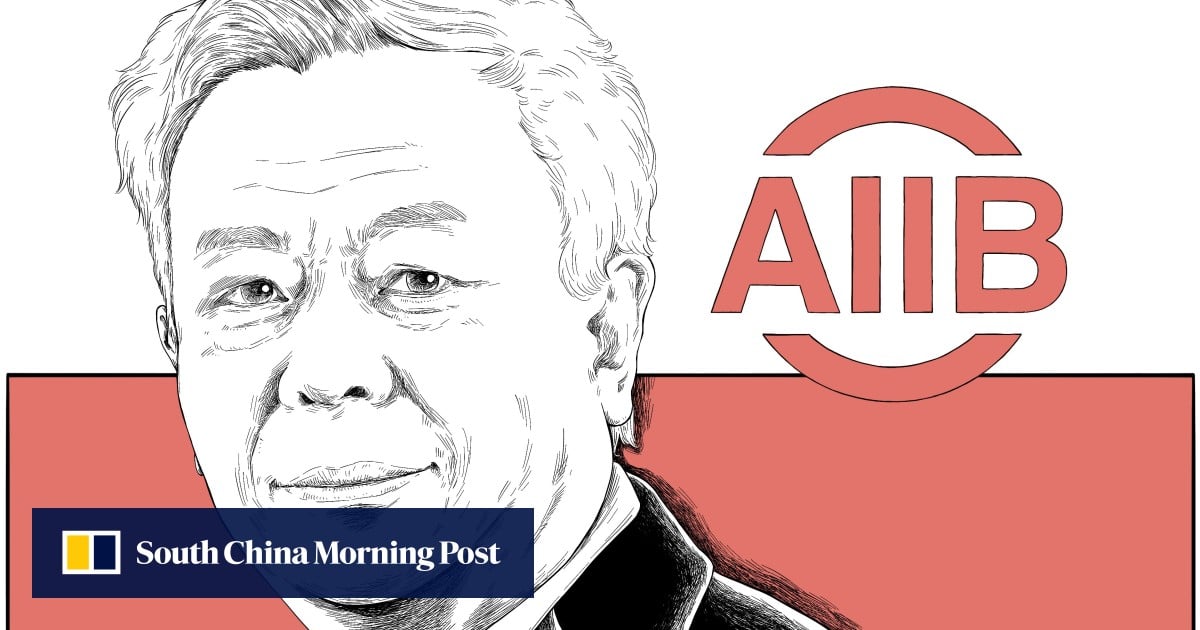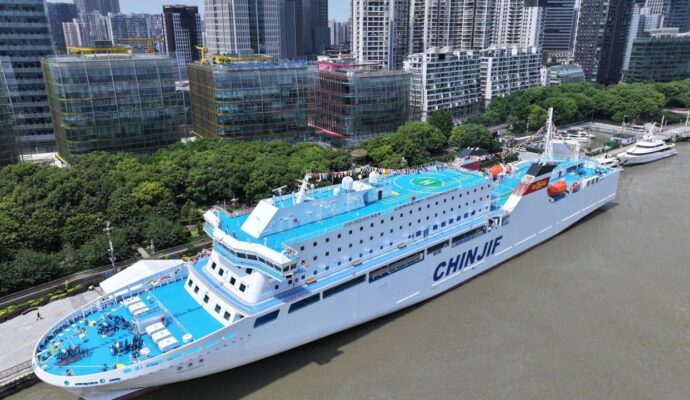
Advertisement
Jin was among the first Chinese officials to gain direct experience in international finance in the 1980s, serving as alternate executive director for China at the World Bank. His distinguished career also includes senior roles at the Asian Development Bank (ADB), China International Capital Corporation Limited, and China Investment Corporation, as well as nearly two decades at China’s Ministry of Finance, where he rose to the position of vice-minister.
In 2014 and 2015, the first two years when the bank was being conceptualised, we had 57 founding members working together to set it up. The basic idea was that development is a huge challenge, and while existing multilateral development banks (MDBs) have been doing wonderful things, there are still lots of things that have to be done. The idea was to create a new bank and to fill the gap, supplementing the efforts of existing institutions in promoting sustainable development in our member countries.
Advertisement
We have adhered to this basic mandate over the last 10 years. We have financed over US$60 billion in infrastructure, including support for the healthcare system during the Covid-19 pandemic.
The infrastructure needs of Asian countries have been estimated at around three to four trillion US dollars per year – a massive funding gap. No single MDB can fill this gap; it is simply not possible.


